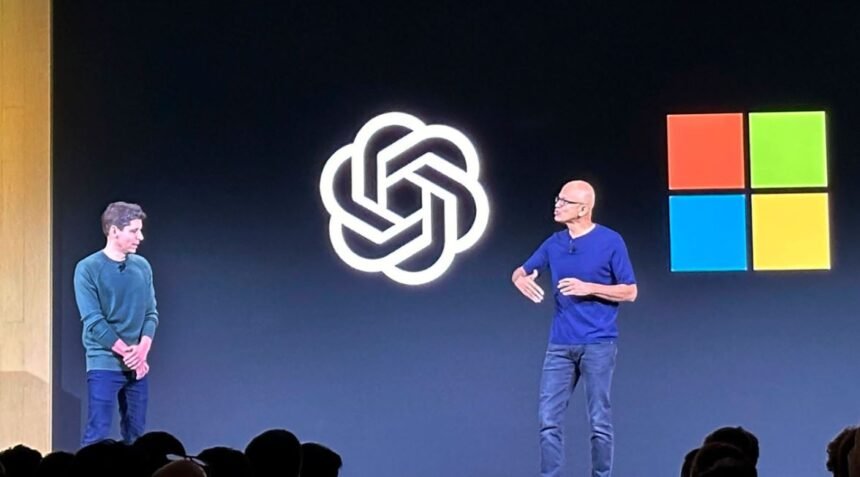Microsoft’s multibillion-dollar investment in artificial intelligence firm OpenAI may face a full-fledged merger inquiry in the European Union, according to EU officials on Tuesday.
- IMPORTANT NOTES
- The European Commission, the EU’s executive arm, announced a competition investigation into virtual worlds and generative artificial intelligence.
- The Commission is investigating deals between digital behemoths and generative AI developers as part of its investigation.
- The Commission has identified the Microsoft-Open AI collaboration as a potential merger inquiry target.
The European Commission, the EU’s executive arm, announced a competition probe into the markets for virtual worlds and generative artificial intelligence. The Commission stated that as part of its review, it wants to learn how competitive certain markets are presently and get insight into how competition legislation may benefit these industries.
The EU Commission also stated that it is “looking into some of the agreements that have been concluded between large digital market players and generative AI developers and providers,” citing the Microsoft-OpenAI partnership as one example.
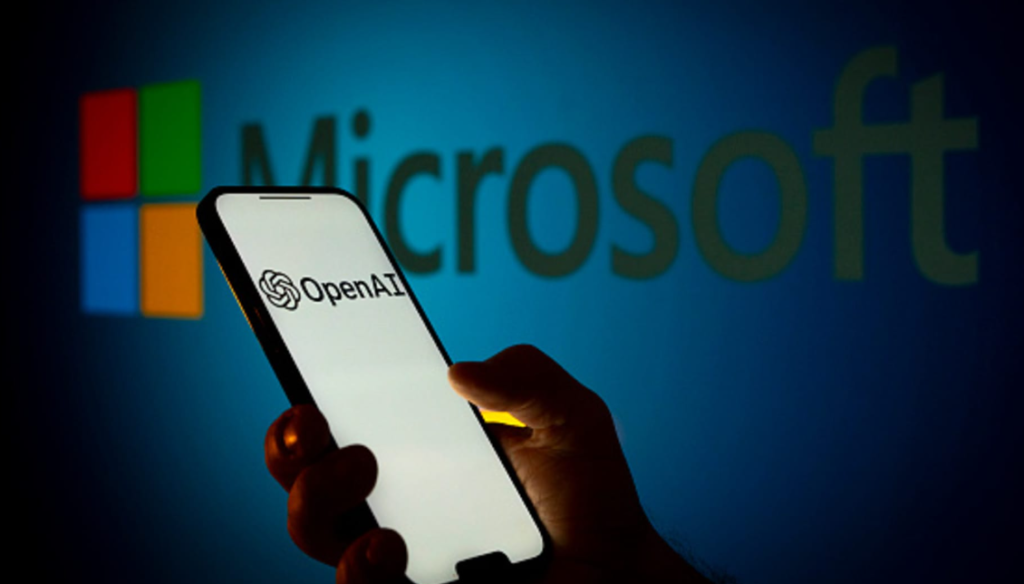
“The European Commission is investigating whether Microsoft’s investment in OpenAI is reviewable under the EU Merger Regulation,” the Commission stated on Tuesday.
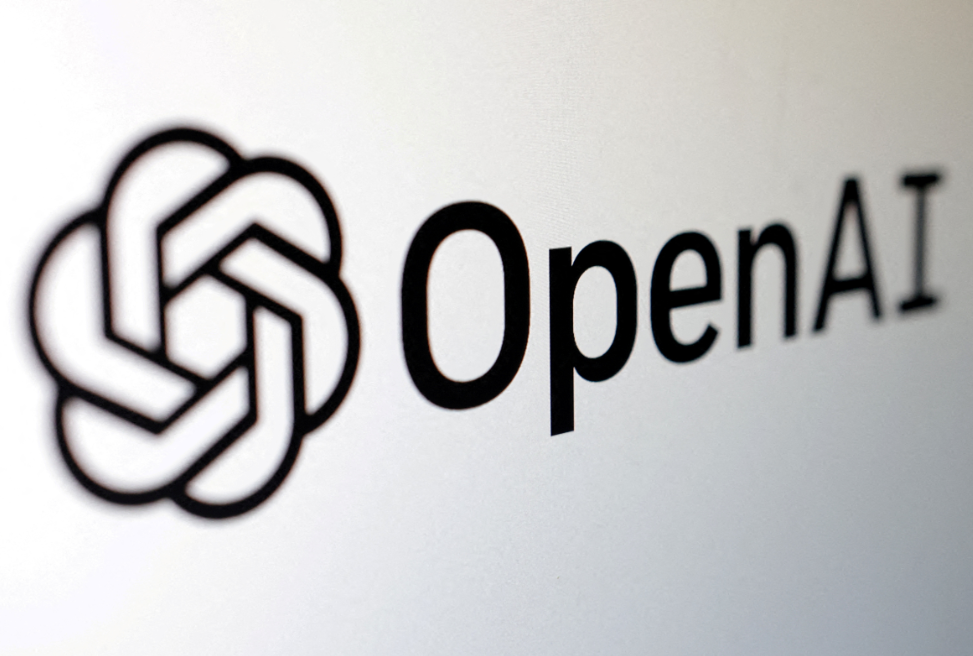
Microsoft did not immediately respond to a request for comment. The Commission stated that it has made information requests to “several large digital players” and is also collecting input from interested parties, who have until March 11 to respond. “Virtual worlds and generative AI are rapidly developing,” Vestager said Tuesday in a statement. “It is fundamental that these new markets stay competitive, and that nothing stands in the way of businesses growing and providing the best and most innovative products to consumers.”
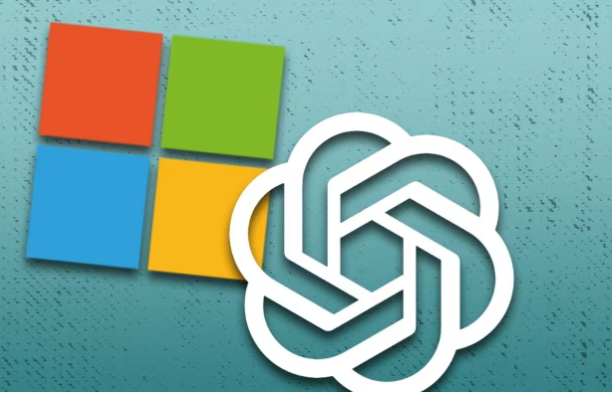
Microsoft has invested billions of dollars in OpenAI, the company that created the popular AI chatbot ChatGPT. The business has included certain OpenAI technologies into its Office, Bing, and Windows products, and it offers OpenAI its own Azure cloud computing capabilities. The Redmond, Washington-based technology behemoth made its first cash investment in OpenAI in 2019, giving $1 billion.

The corporation then made news last year when it reportedly invested another $10 billion in OpenAI, bringing its total commitment to $13 billion. The EU investigation comes after the UK’s Competition and Markets Authority stated in December that it will conduct an initial investigation into Microsoft’s stake. According to Bloomberg News, the US Federal Trade Commission is also investigating the merger.
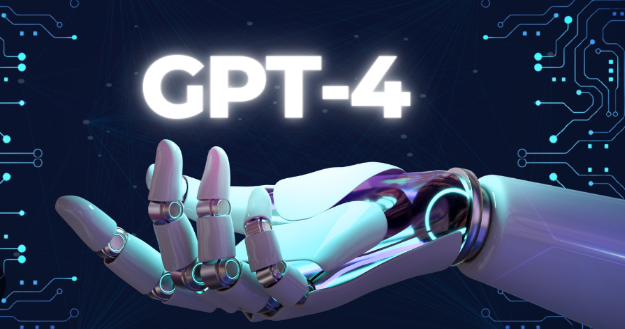
The CMA stated that it is evaluating whether Microsoft’s AI ownership produced a “relevant merger situation,” citing “a number of developments in the governance of OpenAI, some of which involved Microsoft” as a key source of worry. Earlier this year, OpenAI experienced turmoil when its CEO, Sam Altman, was unexpectedly removed from the board. In a stunning change of events, ex-Twitch CEO Emmett Shear was briefly appointed CEO before being dismissed and replaced by Altman, while the board was restructured.
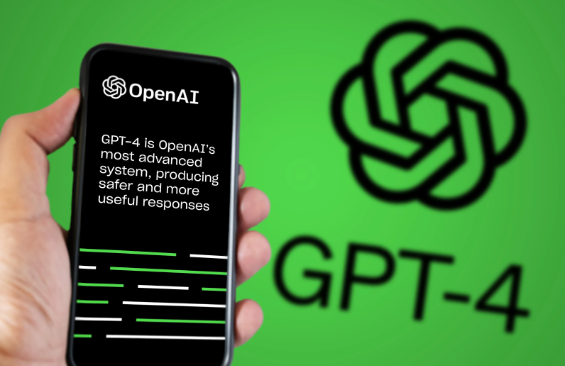
As part of that update, Microsoft appointed its own observer to the board, raising fears that the business is exerting control over OpenAI. Microsoft, for its part, has pushed to emphasize that its designated board observer, Dee Templeton, is a nonvoting member. Microsoft stated at the time of the CMA statement that it had no equity investment in OpenAI, while OpenAI stated that company was autonomous and operated competitively.

“Their non-voting board observer status does not provide them with governing authority or control over OpenAI’s operations,” an OpenAI representative told in December via email. “While the details of our agreement remain confidential, it is important to note that Microsoft does not own any portion of OpenAI and is simply entitled to a share of profit distributions,” Microsoft Chief Communications Officer Frank Shaw said in a December statement.
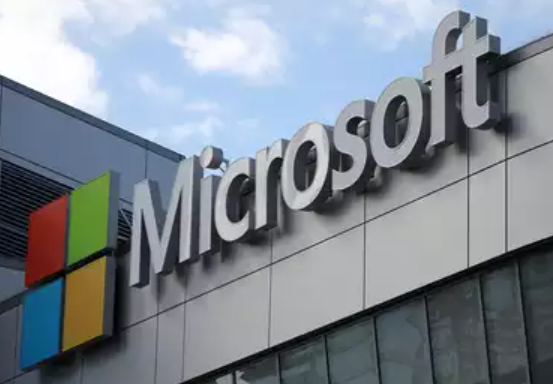
At the heart of the issue is Microsoft’s strong collaboration with and investment in OpenAI, which offers the Redmond behemoth access to one of the most powerful AI tool developers today. OpenAI’s GPT-4 large language model can reportedly handle 25,000 words of input text—a significant increase over the previous ChatGPT limit of 4,096 characters.
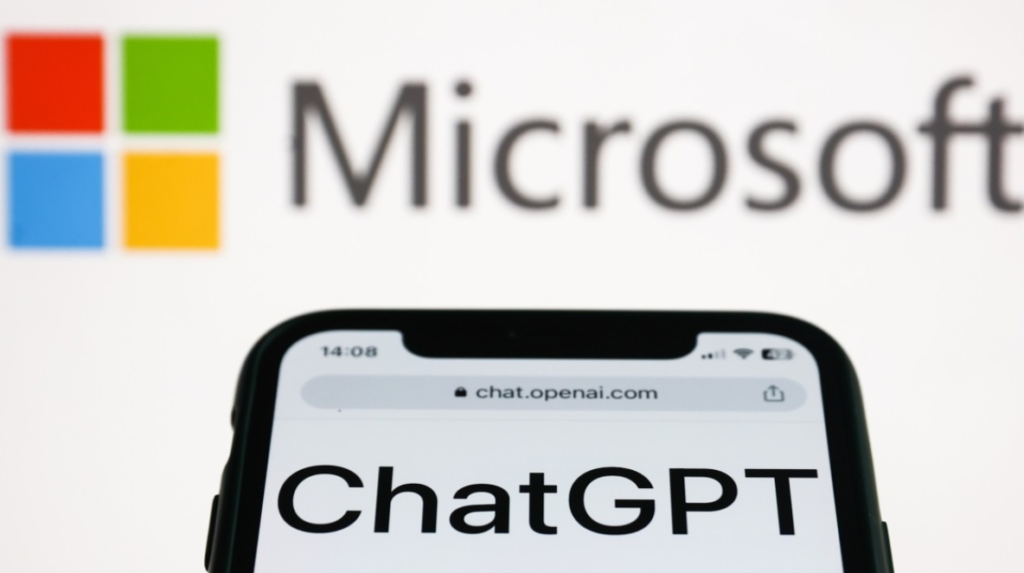
Academics claim that GPT-4 has showed human-level proficiency in a variety of academic exams, and some AI researchers and technologists predict that GPT-4 may be on the verge of artificial general intelligence, or AGI, which is designed to be as clever as or smarter than humans.
Click here to check out the latest post on Instagram.
Also read: J&J Will Pay $2 Billion To Purchase Cancer Medication Developer Ambrx Biopharma
image source: google







